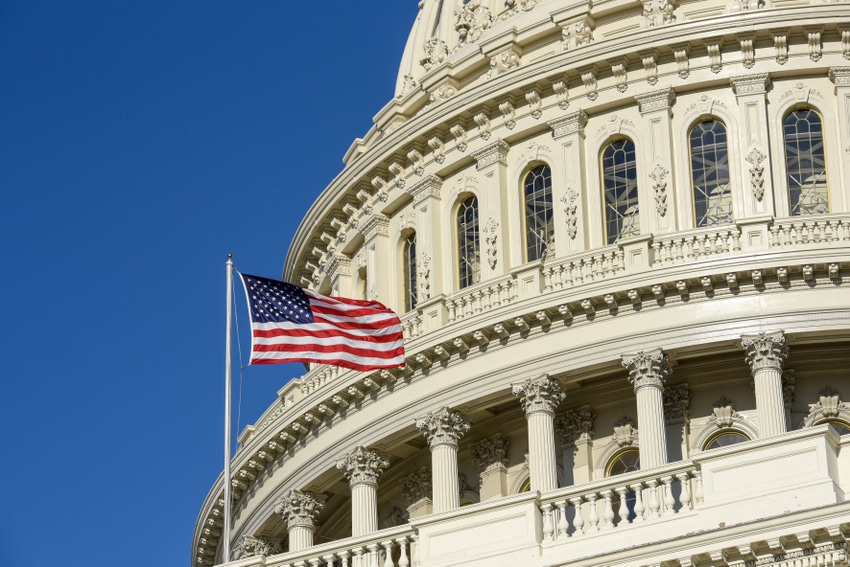Pork producers to press politicians on ASF prevention, labor shortage
During fly-in producers will address importance of trade, urging Biden administration to join the CPTPP.
April 6, 2022

Preparing for and preventing foreign animal diseases, addressing an agricultural labor shortage and increasing pork exports are the top public policy issues pork producers will lobby their congressional lawmakers on over the next two days. During the spring Capitol Hill fly-in of the National Pork Producers Council, nearly 100 producers from across the country are expected to participate — in person for the first time in two years — in NPPC's Legislative Action Conference.
"Challenges facing our industry continue to evolve, and we hope our efforts this week help lawmakers understand why these issues are so important to the livelihoods of producers and the future of our industry," says Terry Wolters, NPPC president and owner of Stoney Creek Farms in Pipestone, Minnesota. "But we need action now on those three matters so producers can continue providing safe, nutritious pork to consumers worldwide. The fly-in allows producers to use their voices and tell their stories to compel representatives to take swift action on these issues."
Producers will urge lawmakers to support additional funding for FAD prevention and preparedness efforts, particularly around African swine fever. Last July, ASF was detected in the Western Hemisphere for the first time in more than 40 years. NPPC is requesting funding for fiscal 2023 for additional U.S. Customs and Border Protection agricultural inspectors; for the National Animal Health Laboratory Network, which provides disease surveillance and diagnostic support in cases of large-scale animal disease outbreaks; and for additional staff for the USDA Animal and Plant Health Inspection Service’s Veterinary Services.
To address an ongoing labor shortage, producers will ask Senate and House members to expand the H-2A visa program to year-round agricultural workers, including packing plant employees. Currently, the visa only allows for temporary, seasonal farm laborers. The pork industry also supports providing a pathway to legal status for foreign-born agricultural workers already in the United States.
"Employment in hog farming has declined in recent years despite growing labor needs and rising wages. As a key economic driver, hog farming is vital to prosperity in rural America and we need Congress to take action on H2-A visa reform," says Wolters.
Pork producers attending the fly-in also will lobby lawmakers on the importance of trade to the industry, urging the Biden administration to join the Comprehensive and Progressive Agreement for Trans-Pacific Partnership. The 11-country CPTPP has almost 500 million consumers and $13.5 trillion of GDP. The United States was part of a previous agreement, the Trans-Pacific Partnership, but President Trump withdrew from the TPP before it became effective. Producers also will request that the administration negotiate a more ambitious Indo-Pacific Economic Framework deal, one that includes agriculture and addresses nontariff barriers to U.S. products, including pork.
Source: National Pork Producers Council, which is solely responsible for the information provided, and wholly owns the information. Informa Business Media and all its subsidiaries are not responsible for any of the content contained in this information asset.
About the Author(s)
You May Also Like



